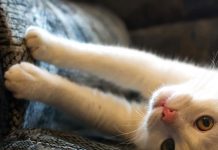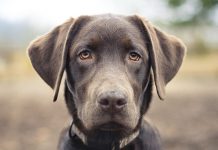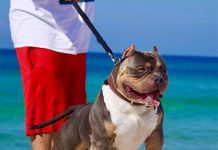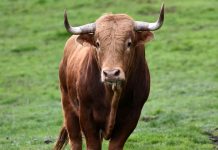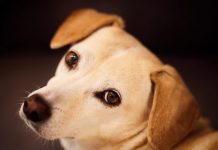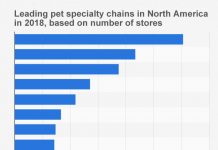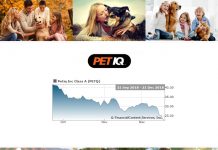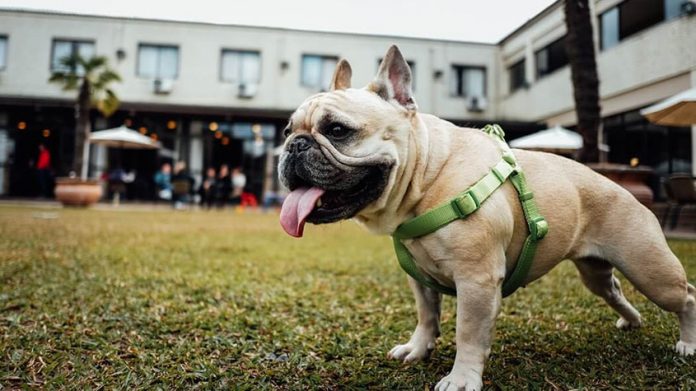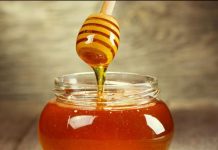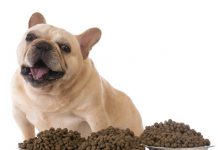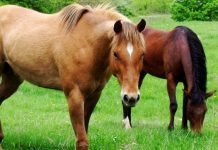It is not uncommon for dogs to eat their own stool or that of other animals. This behavior is called coprophagia, and it can be reversed. When you see your dog eating poop, you should first check with your veterinarian to rule out potential health issues, then develop a plan to safely correct the behavior.
Sometimes our canine friends exhibit strange behaviors that leave us puzzled. One such behavior your dog may exhibit is eating their own poop, or what’s known as coprophagia. While this appears repulsive to us, it is not an uncommon behavior in dogs. The good news is that, with a little care and training, you can teach your dog to stop eating their poop.
What is coprophagia, and how common is it?
The act of eating feces is known as coprophagia and, according to a 2012 study by Dr. Benjamin Hart, approximately one in four dogs has eaten their own poop at least once. Sometimes dogs will even eat fecal matter from other animals, including different species.
When are dogs most likely to eat their own waste?
Dogs can experience coprophagia at any age. However, puppies may be more inclined to eat their own poop as they experiment with their surroundings. Usually, puppies may grow out of this habit without any outside behavior modification.
Why do dogs eat poop?
The concept of coprophagia can be difficult for humans to understand, but it may be part of a dog’s natural instincts, a behavior inherited from their ancestors. In the past, wild canines may have ingested their own feces as an antidote to starvation or to keep their rest areas clean and free from intestinal parasites found in fecal matter.
Additionally, dogs may eat their own stool as a stress behavior or in response to adverse living conditions. The following situations may cause your dog to eat their own poop:
Isolation: Keeping a dog in isolation or restricted to small spaces for long periods of time.
Anxiety: Some dogs may eat their own poop after eliminating as a way to “get rid of the evidence” if they experience harsh punishment during housetraining.
The bathroom is by their food bowl: If your dog’s food is near where it defecates, it may not be able to tell the difference between the two substances.
A lack of attention: Some dogs may eat their own poop to get a reaction from their owners. Overreacting to this behavior can worsen the problem as it gives dogs the satisfaction of eliciting a reaction.
Coprophagia may also be a sign of a nutritional deficiency. If your dog is not getting the nutrients they need from food, they might eat their own poop in an attempt to satisfy their body’s needs. Underlying health issues may also cause dogs to exhibit this behavior, so it’s important to have your dog examined by a vet to determine the root cause.
What happens when my dog eats poop?
Eating their own poop can be harmless to dogs, although there is a chance they may be ingesting parasites found in the fecal matter. The likelihood of this increases if your dog is eating poop from other dogs or animal species.
What should I do if my dog is eating poop?
- Visit Your Veterinarian
The first thing any dog owner should do at the first sign of coprophagia is make an appointment with a veterinarian. Fecal matter can contain disease-causing parasites, which may make your dog sick when ingested. Some parasites can even transfer diseases to humans, so for the safety and health of the entire household it is important to have your dog and their stool examined. - Consider Dietary Adjustments
If your dog’s nutritional needs aren’t being met, your veterinarian might recommend changes to their dog food formula. Additionally, dogs may suffer from conditions such as digestive enzyme deficiency, which decreases their ability to absorb nutrients from food. If this is the case, your vet might prescribe supplements to be given along with your dog’s food. Always consult with your veterinarian before making any changes to your dog’s diet. - Modify Behavior and Environment
If your local veterinarian determines your dog is healthy, coprophagia can often be stopped with behavioral training or eliminating environmental stimuli that can cause a dog to eat feces. First, make sure your dog has ample and separate space to move, play, rest, eat and relieve themselves. Maintain a clean and orderly environment that will not cause your dog undue stress.
Also limit access to feces. If your dog is used to eating its poop after eliminating, distract them once they have done their business and pick up the excrement right away. You may also need to move your cat’s litter box, as well as monitor your dog closely on walks if they make a habit of eating the stool of other animals.
Work with your dog on commands such as “no,” or “leave it,” or “come.” Use these commands after your dog relieves themselves to train them to leave the stool alone. Teaching your dog to come to you for a small treat after it poops without eating the stool can help reinforce the positive behavior.
Finally, it is important to remember that dog behaviors differ from human behavior, and it is not wise to overreact to your dog eating their own poop. Talk with your veterinarian to make sure your dog is healthy, and then work together to develop a plan that can help you correct your dog’s behavior safely.
Recommended Products
Picture |
Name |
Price |
Description |
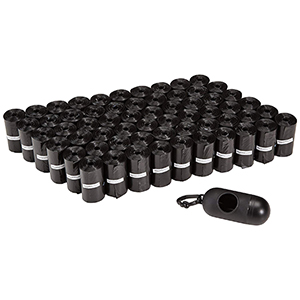 |
Dog Waste Bags with Dispenser and Leash Clip | $14.74 | More |
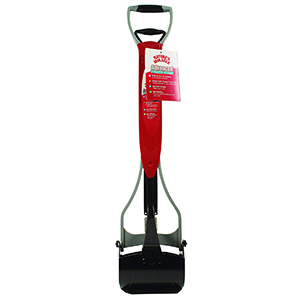 |
Nature’s Miracle Non-Stick Advanced Jaw Scoop For Pet Waste Pick Up | $44.99 | More |
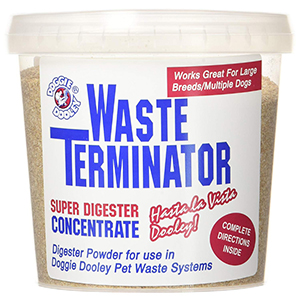 |
Doggie Dooley Waste Terminator Powder | $14.29 | More |
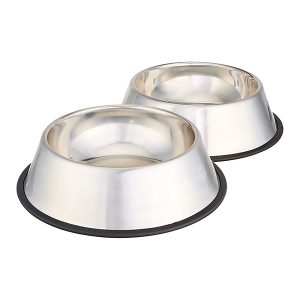 |
Stainless Steel Dog Bowl | $13.99 | More |
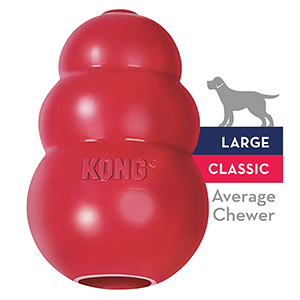 |
Classic Dog Toy | $12.99 | More |
